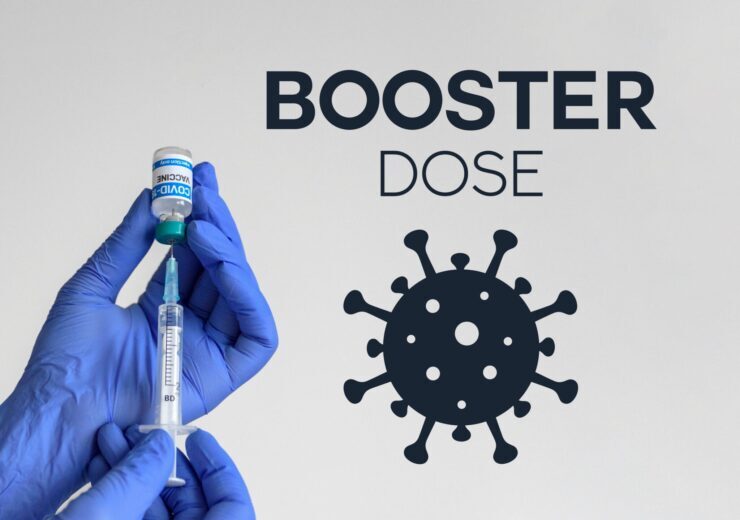Vaccination is the term used for getting a vaccine — that is, actually getting the injection or taking an oral vaccine dose. Immunization refers to the process of both getting the vaccine and becoming immune to the disease following vaccination. All forms of immunization work in the same way.
ERC provides the following vaccinations:
Hepatitis A Immunization Education
What is hepatitis A vaccine? What are the uses for hepatitis A vaccine?
Hepatitis A vaccine is used to prevent hepatitis A, a type of liver disease that is caused by the hepatitis A virus (HAV). Hepatitis A is usually spread when a person ingests fecal matter from contact with food, drinks, or objects which have been contaminated by feces or stool of an HAV-infected person. Hepatitis A infection can be mild with no symptoms or a serious illness that can rarely cause liver failure and death. Getting vaccinated against the hepatitis A virus is the best way to prevent these problems.
The hepatitis A vaccine does not cause hepatitis because it does not contain the live virus. It contains inactivated hepatitis A virus. The vaccine works by stimulating the body to produce antibodies, which are proteins that will fight and kill the virus and prevent hepatitis A infection.
Hepatitis B Immunization Education
Why get vaccinated? Hepatitis B vaccine can prevent hepatitis B. Hepatitis B is a liver disease that can cause mild illness lasting a few weeks, or it can lead to a serious, lifelong illness.
- Acute hepatitis B infection is a short-term illness that can lead to fever, fatigue, loss of appetite, nausea, vomiting, jaundice (yellow skin or eyes, dark urine, clay-colored bowel movements), and pain in the muscles, joints, and stomach.
- Chronic hepatitis B infection is a long-term illness that occurs when the hepatitis B virus remains in a person’s body. Most people who go on to develop chronic hepatitis B do not have symptoms, but it is still very serious and can lead to liver damage (cirrhosis), liver cancer, and death. Chronically-infected people can spread hepatitis B virus to others, even if they do not feel or look sick themselves.
Hepatitis B is spread when blood, semen, or other body fluid infected with the hepatitis B virus enters the body of a person who is not infected. People can become infected through:
- Birth (if a mother has hepatitis B, her baby can become infected)
- Sharing items such as razors or toothbrushes with an infected person
- Contact with the blood or open sores of an infected person
- Sex with an infected partner
- Sharing needles, syringes, or other drug-injection equipment
- Exposure to blood from needlesticks or other sharp instruments
Most people who are vaccinated with hepatitis B vaccine are immune for life.
Influenza Vaccination Education
Who should get the flu vaccine? The CDC recommends annual influenza vaccinations for everyone age 6 months or older. Vaccination is especially important for people at high risk of influenza complications, including:
- Pregnant women
- Older adults
- Young children
Children between 6 months and 8 years may need two doses of the flu vaccine, given at least four weeks apart, the first time they are given a flu vaccine. After that, they can receive single annual doses of the flu vaccine. A 2017 study showed that the vaccine significantly reduces a child’s risk of dying of the flu. Check with your child’s doctor.
Chronic medical conditions also can increase your risk of influenza complications. Examples include:
- Asthma
- Cancer or cancer treatment
- Chronic obstructive pulmonary disease (COPD)
- Cystic fibrosis
- Diabetes
- HIV/AIDS
- Kidney or liver disease
- Obesity
Anyone with a chronic medical condition should get the flu vaccine.
Check with your doctor before receiving a flu vaccine if:
- You had a severe reaction to a previous flu vaccine. The flu vaccine isn’t recommended for anyone who had a severe reaction to a previous flu vaccine. Check with your doctor first, though. Some reactions might not be related to the vaccine.
If you have an egg allergy, you can still receive the flu vaccine.
Why do I need to get vaccinated every year?
Because flu viruses evolve so quickly, last year’s vaccine may not protect you from this year’s viruses. New flu vaccines are released every year to keep up with rapidly adapting flu viruses.
When you get vaccinated, your immune system produces antibodies to protect you from the viruses included in the vaccine. But antibody levels may decline over time — another reason to get a flu shot every year.
Mpox Vaccine
What is the Mpox vaccine?
Mpox (formerly known as monkeypox) vaccine (JYNNEOS™) can prevent smallpox, mpox, vaccinia and other diseases caused by orthopoxviruses. The vaccine is made using weakened live vaccinia and cannot cause smallpox, mpox, or any other disease.
JYNNEOS™ is approved by the Food and Drug Administration (FDA) for prevention of smallpox and mpox disease in adults 18 years or older at high risk for smallpox or mpox infection.
To learn more click here.
Stay up-to-date with the latest news including free & discounted services.




